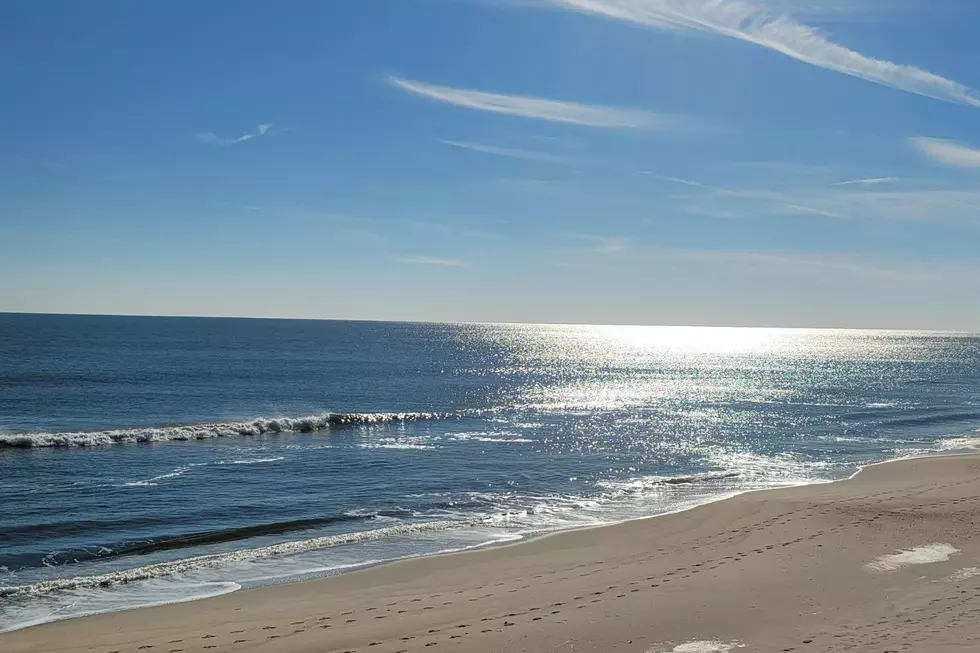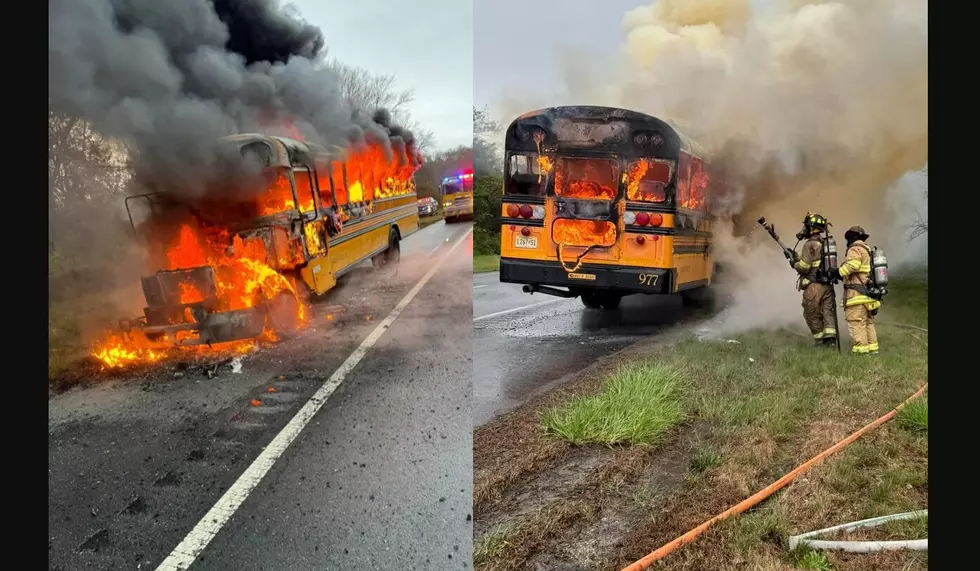
Warm winter predictions may affect NJ crime rate
With predictions of a warmer-than-usual winter this year, law enforcement might have to do without Mother Nature's helping hand in keeping a lid on crime.
Dave Robinson, the state climatologist at Rutgers, recently reinforced that milder winter notion by saying New Jersey may not see any winter-like weather until January.
Police chiefs in states such as Minnesota and Wisconsin have long touted the cold as a welcome curb on crime.
"When you get generally below 30 degrees, crime, particularly street crime, tends to diminish," Tom O'Reilly, director of the Police Institute of Rutgers said.
He says it is extremes in temperature, either very cold or very warm, that have a major effect on crime. And it isn't just about street crime and mild weather.
"More people are away from their homes traveling and the like, enjoying the fairer weather, and their homes are left vacant, and that creates other opportunities for crimes like burglary, larceny and things like that," O'Reilly said.
He makes the point if someone sees packages on the front porch, and today's newspaper still lying on the driveway, then chances are no one is home and the likelihood of getting caught is greatly diminished.
Weather can also have the opposite effect at the other end of the year, O'Reilly said, adding that there are a couple of studies, in particular, a large one in Chicago that shows, "when you get above 90 degrees, crime, particularly violent crime, tends to spike. People are leaving their apartments and going on the street to escape the heat and they think that the absence of air conditioning kind of drives rage to some degree, which sometimes will precipitate fights and other acts of violence."
O'Reilly says some of the more sophisticated agencies have what they call, "predictive analytics," which look at historical patterns of crime and what affects them.
"In some cases, the days of the week, time of day, weather to some degree can be a factor, but by and large, most of the police departments do not have a surplus of manpower in the last couple of years, with budget decreases, the idea of being able to flex the workforce to respond to some of these predictive factors is pretty negligible, maybe with the exception of one or two of the larger departments in New Jersey," O'Reilly said.
What about the issue of homeland security in a milder-than-normal winter?
"I think that the one issue is the vulnerability of targets and how much mass casualties can a terrorist inflict. And to the extent that you have fairer weather, and major events occur, whether they are sporting events or outdoor events like a Mummers parade or Washington crossing the Delaware, or things like that would have a larger populations, larger attendance, and therefore considerable larger potential for a negative action. So it increases the responsibility of law enforcement and homeland security to enhance security around those events," O'Reilly said.
But even in extreme cold, police also confront other issues, such as so-called "cabin fever" when people spend a lot of time together and relationships can strain to the breaking point.
Joe Cutter is the afternoon news anchor at New Jersey 101.5




